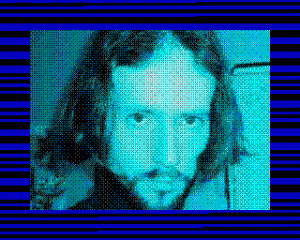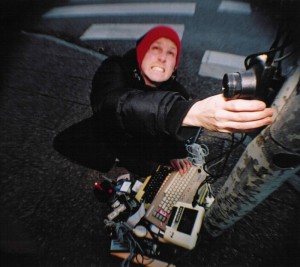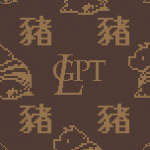This week TCTD talks to Yerzmyey, organizer of AY Riders, producer of awesome tunes, lover of the z80 and generally all round amazing guy. So thanks very much to Yerz for being so generous with his time and lets get down to business!
Lazerbeat – Where are you from?
Yerzmyey – Ah, well. I come from Rubber Planet. ;) A place where all computers have rubber keyboards. ;) Well, actually that’s not exactly true. :) ZX Spectrum was highly popular in PL, in 80s and early 90s, however, somehow it stopped suddenly and now literally only a few people support the machine here. Cry, cry! As for geography matters ;) , my mother’s family came here from Czech and Austria (in that time it was connected with Hungary) and my father came here from Lithuania.
LB – It looks like you have been active in the Demo scene for for over 20 years. How old were you when you founded H-PRG? Why did you start it?
Y – First programs we made with Mr Hangman about 1987. We were 12 years old or so, in those days. :) We were only making games (just occasionally some simple pseudo-demos, haha). The games were not that bad actually :) – ugly but playable. Sadly in those times the only thing we had for saving the progs – was a tape-recorder, so the games didn’t survive to the present day, heh. Our the earliest programs that have survived come from 1989, so I took the date as a beginning of the HOOY-PROGRAM group. :)
And what is funny, it wasn’t me who started all of this, it was my younger brother (who isn’t very interested in 8-bit nowadays, after all) who met Mr Hangman – and HE started making ZX games with him. :) I only joined them. But then my brother lost interest (well, not in playing games but in making them :) ), and I stayed. In this way we founded a team. ;)
They were funny times. :) I remember that we had to be very careful and save our programs very often because every time Mr Hangman’s refrigerator/fridge turned on – then ZX Spectrum got reset, hahaha. :)
Also, while loading (from tape of course) everybody was forced to leave to room, so as not to disturb the loading process. (more…)




